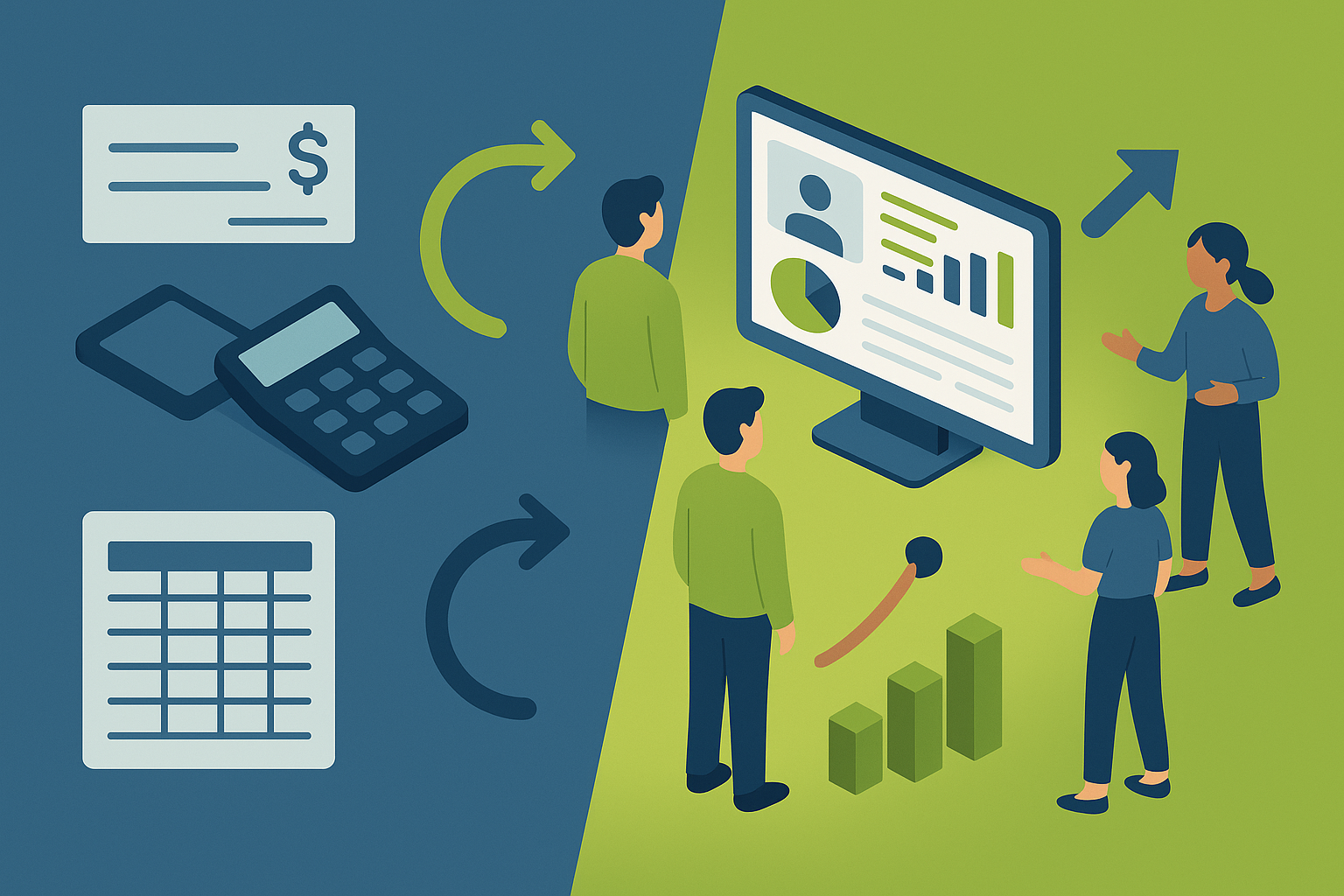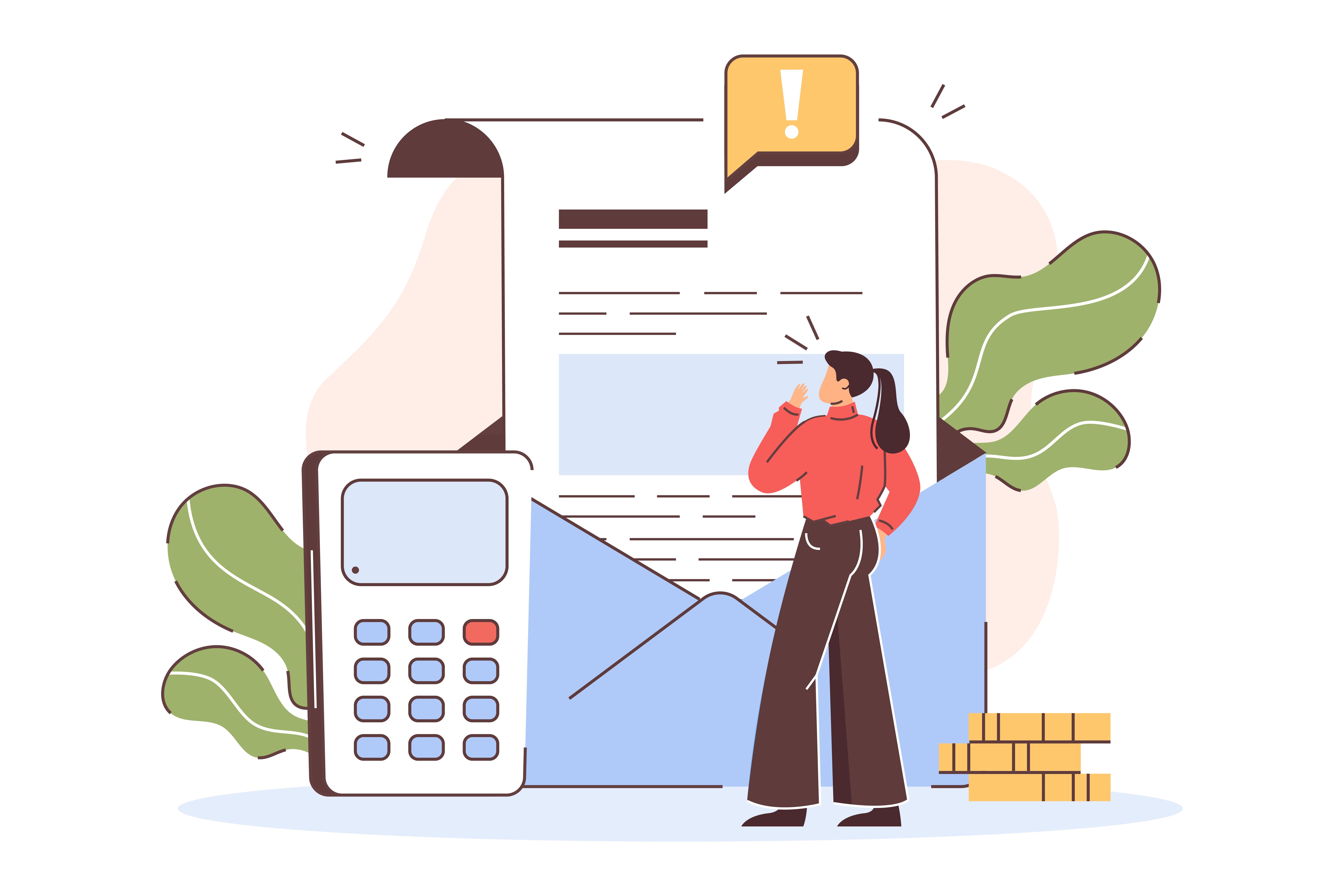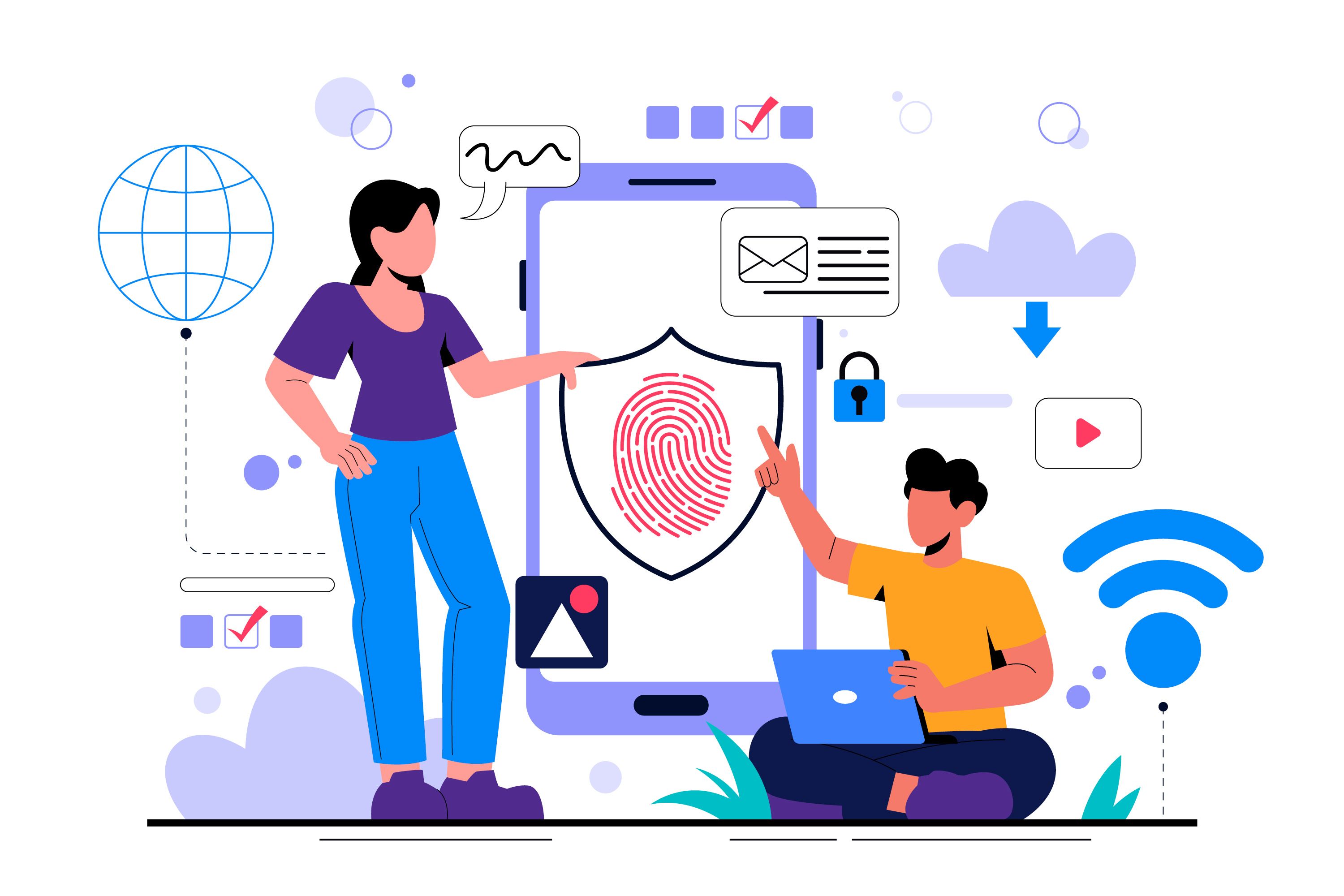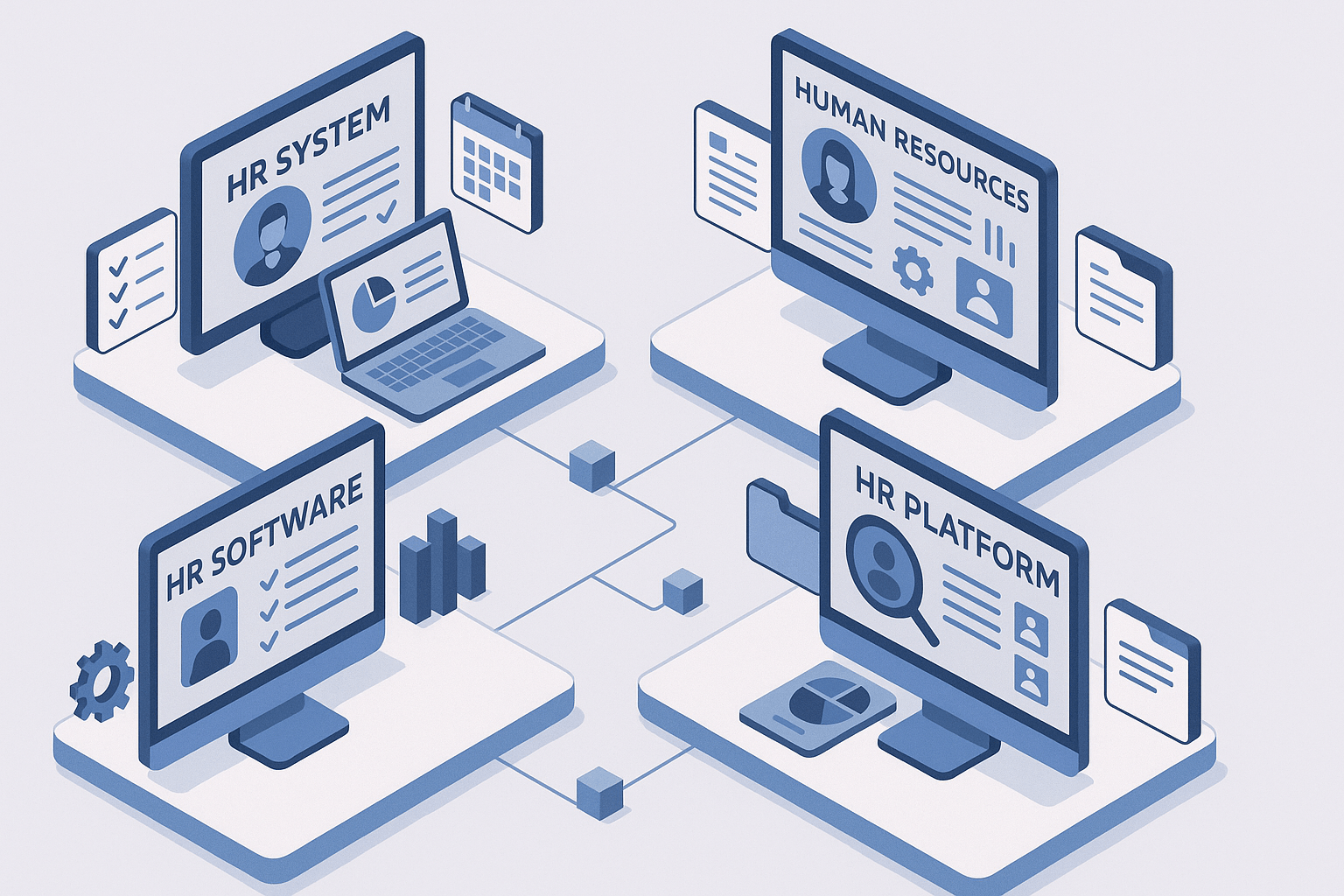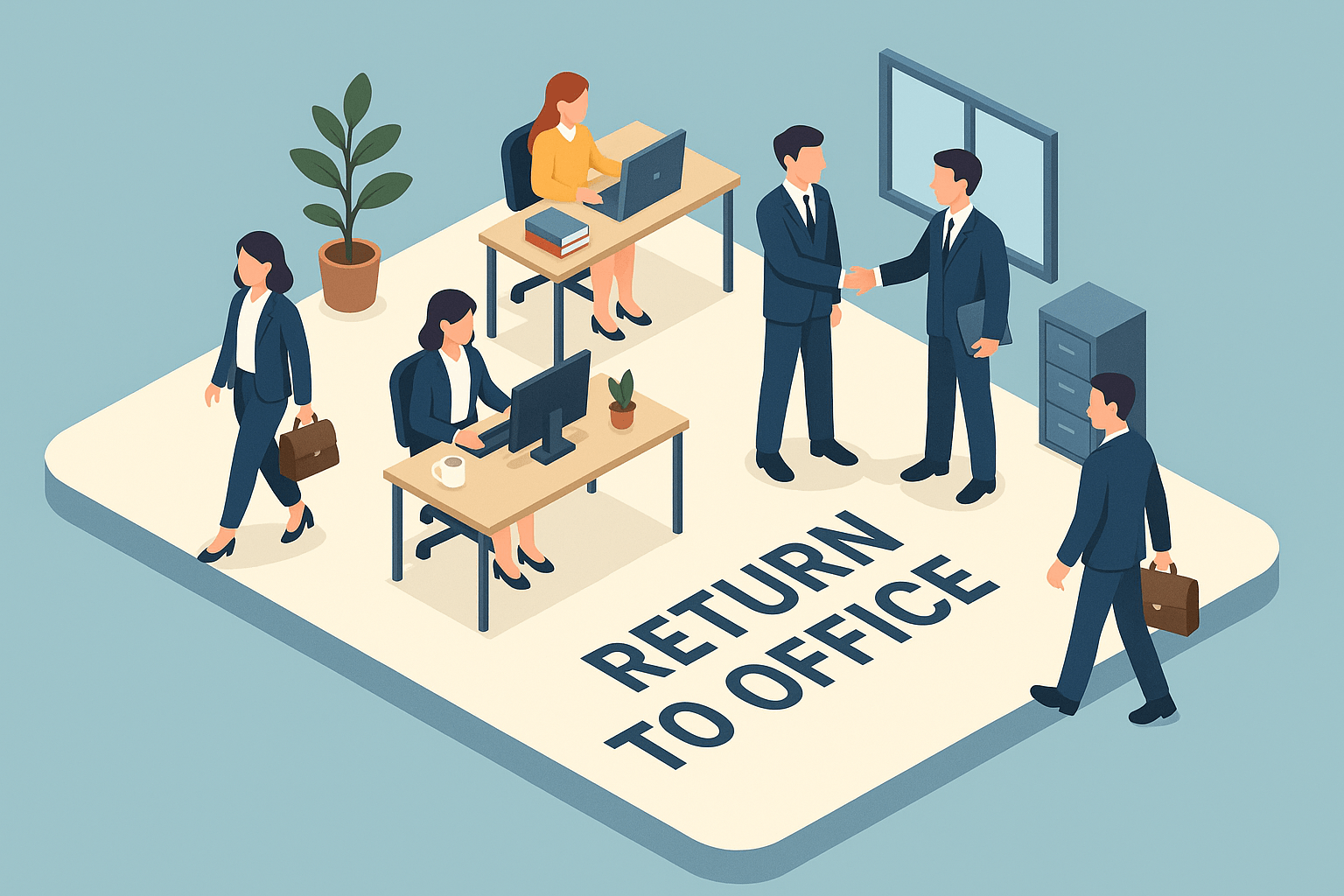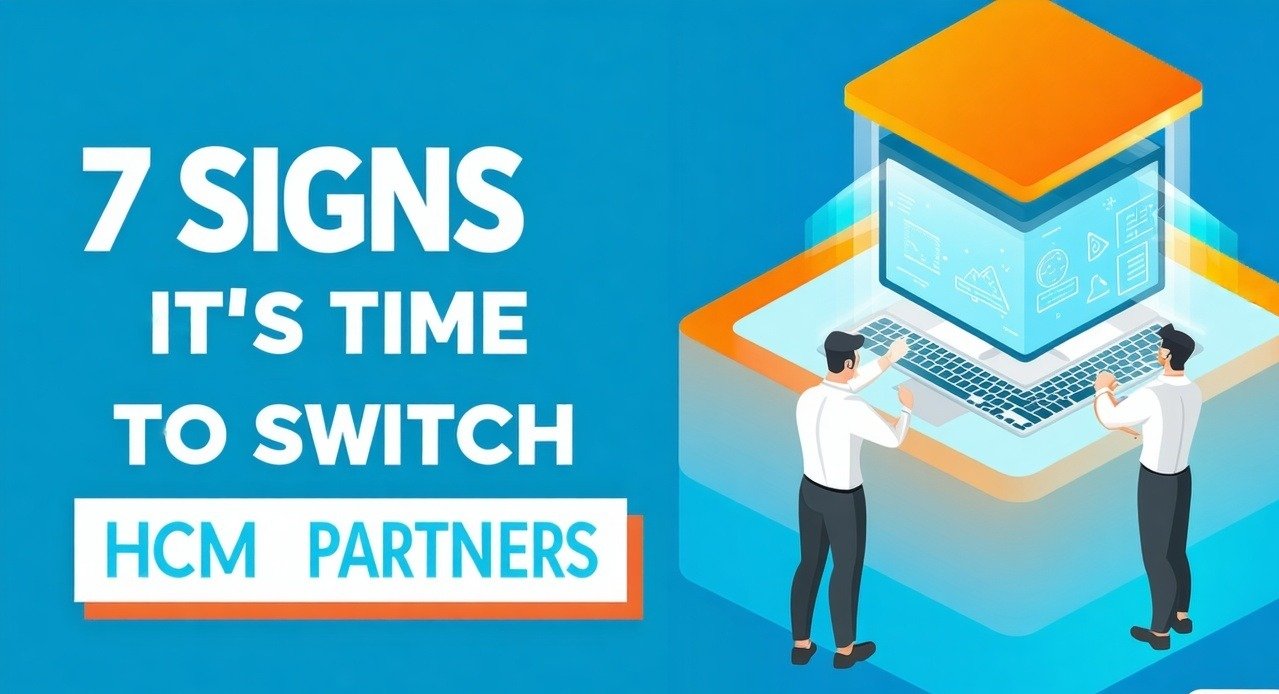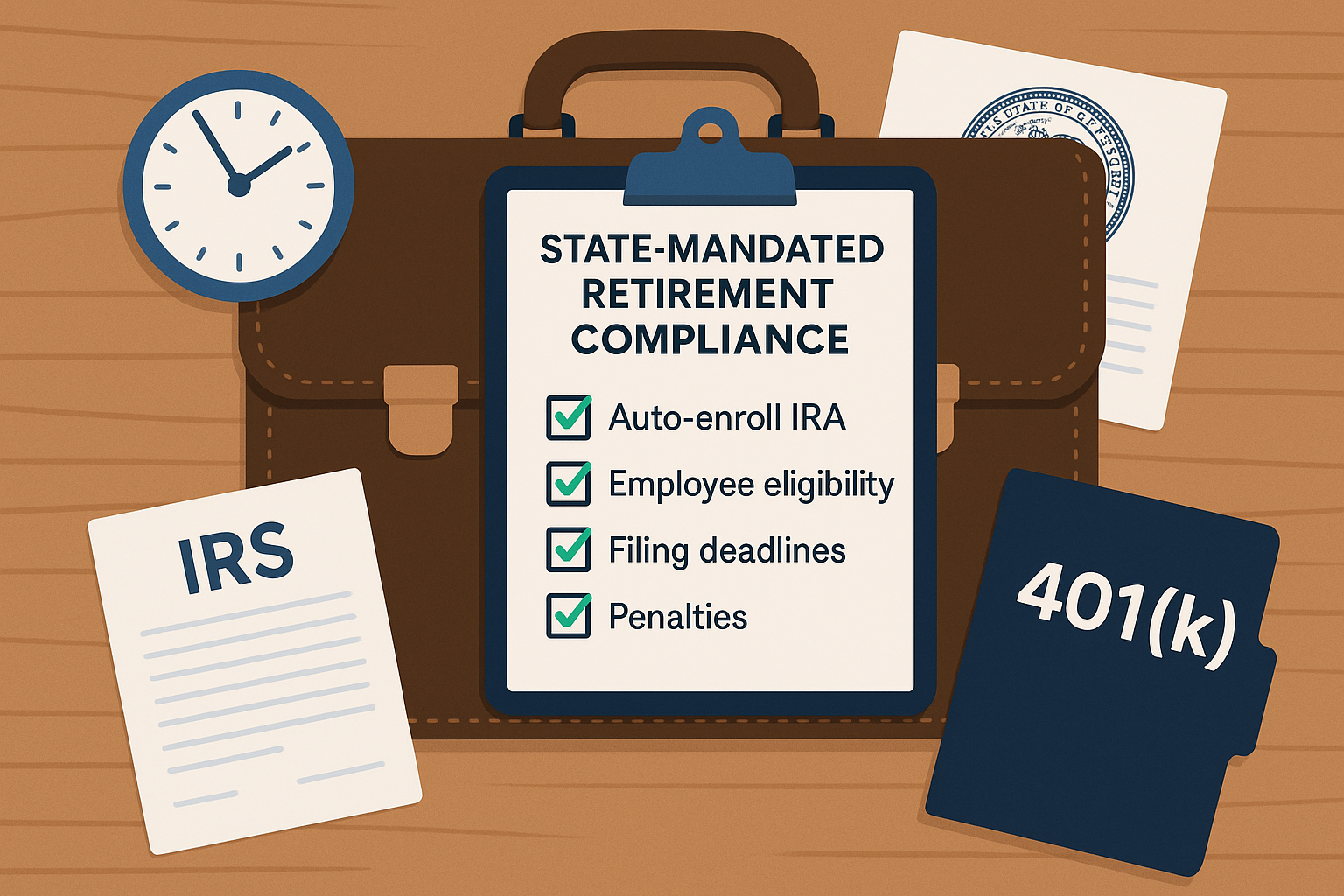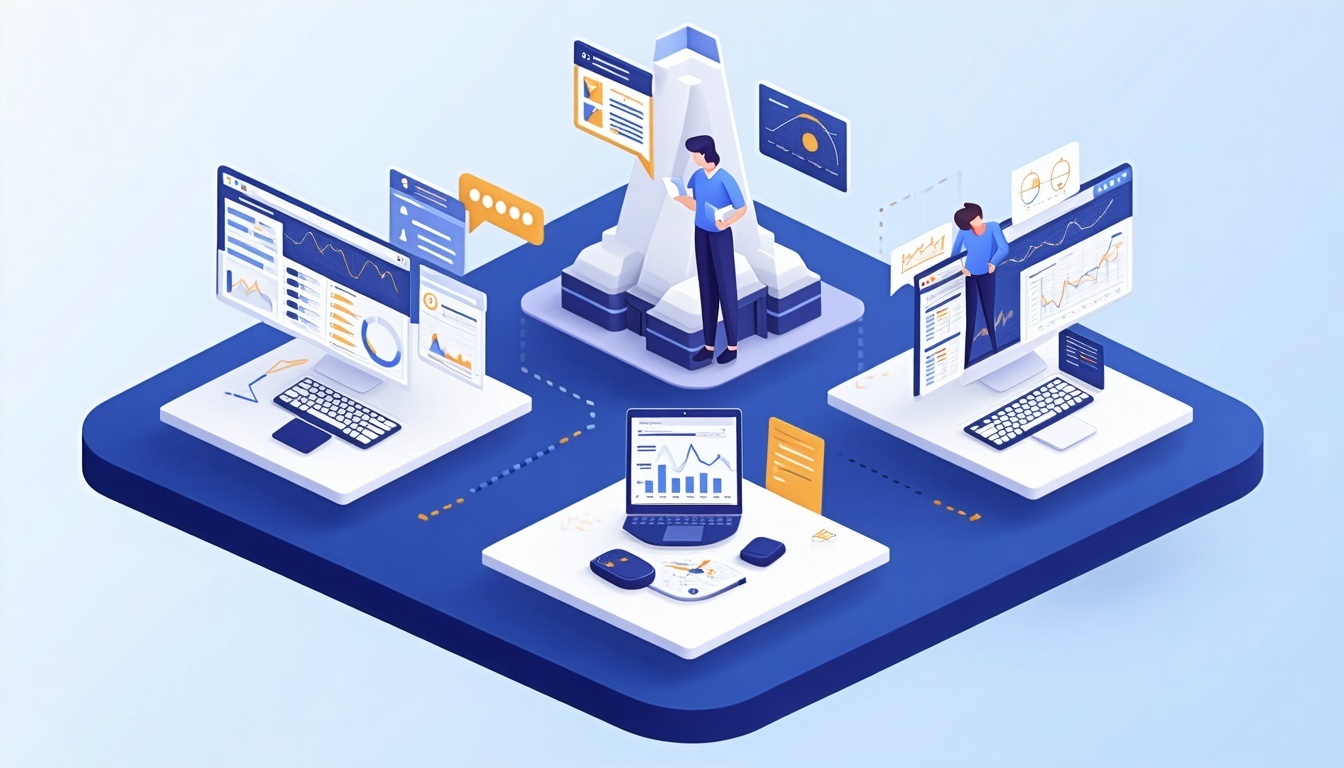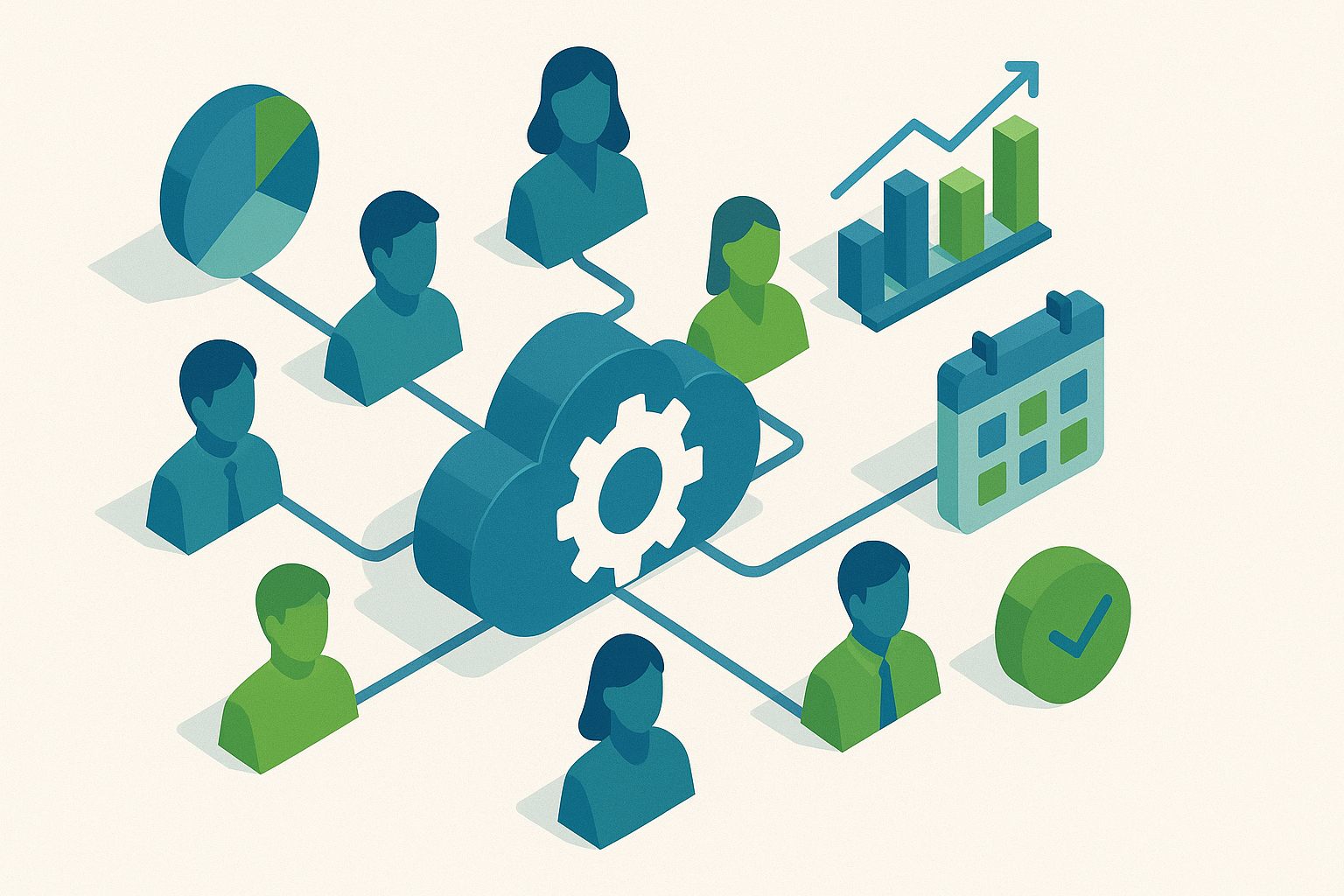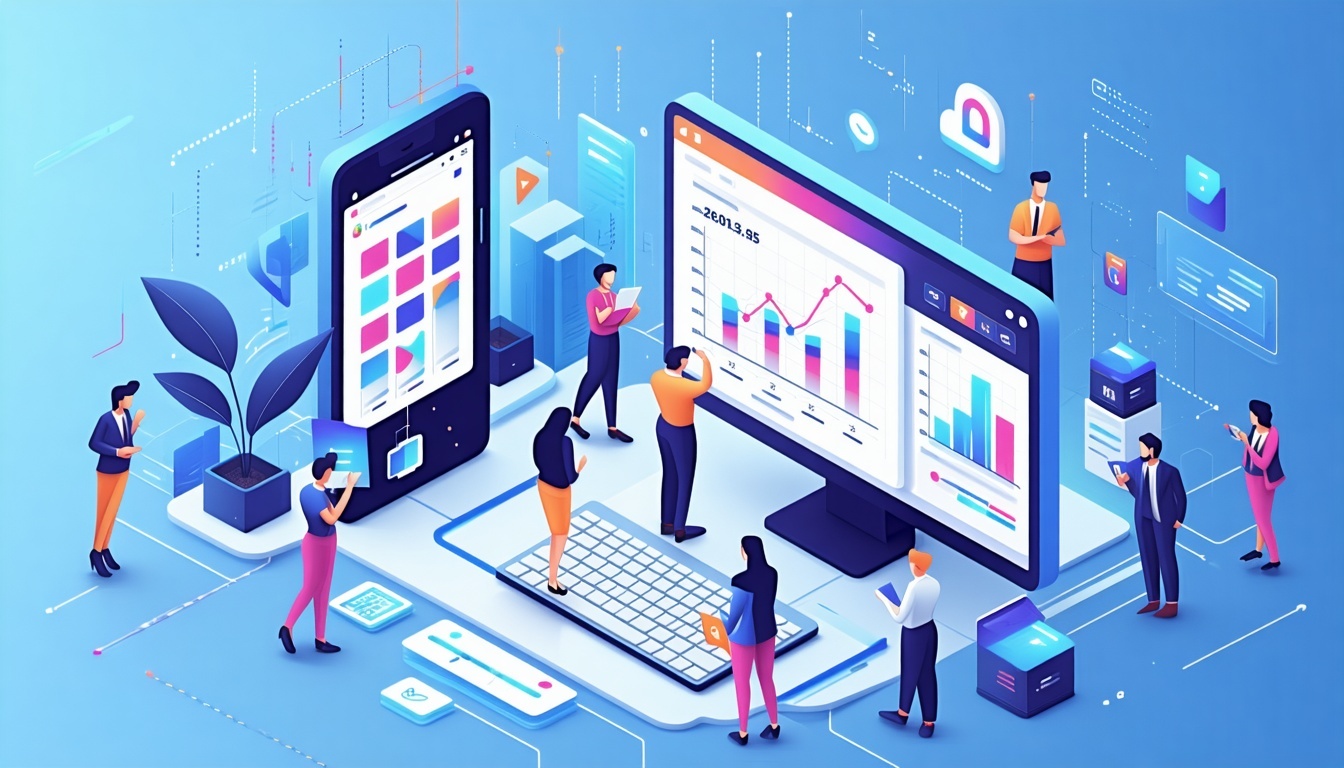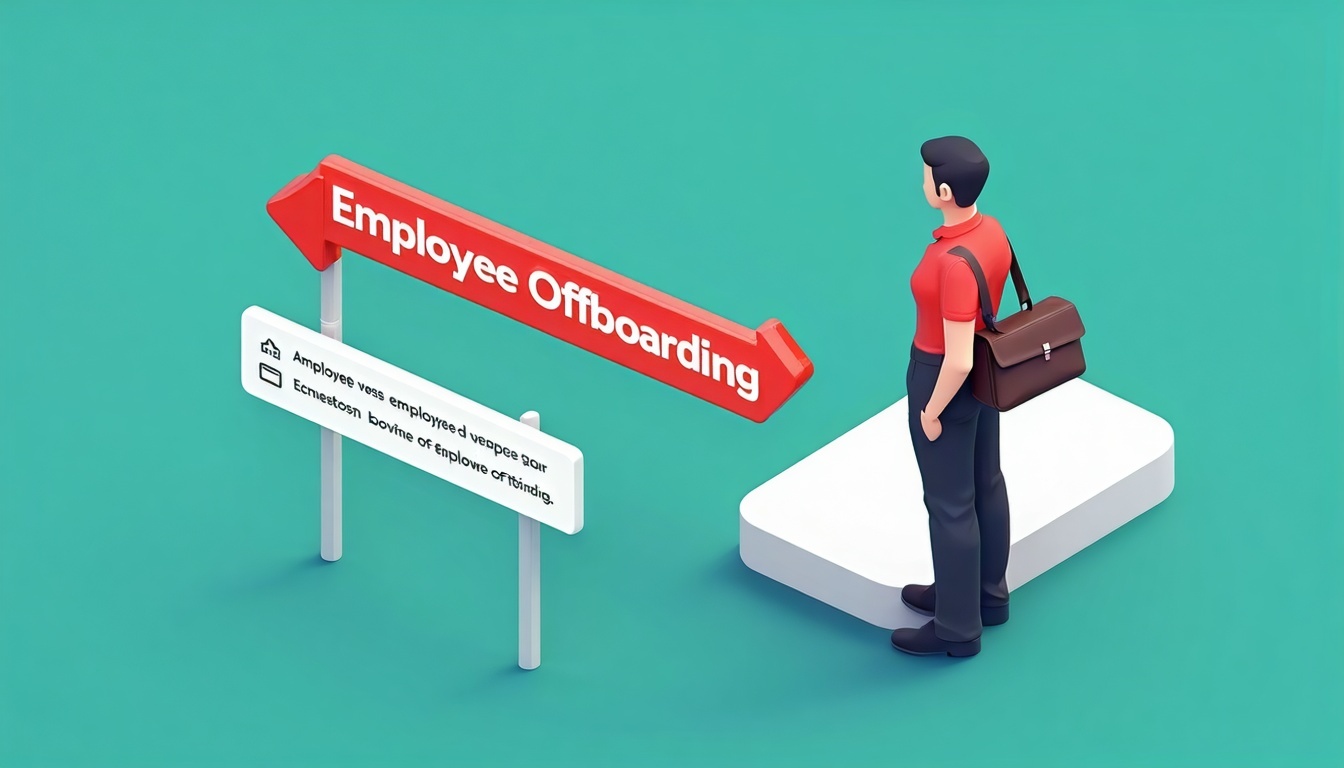Streamline HR Processes with Employee Self-Service (ESS) Solutions
May 24th, 2024
3 min read

As a business owner or HR manager, you’re likely familiar with the time-draining cycle of managing employee information, processing payroll questions, and dealing with endless paperwork. If you feel overwhelmed, you're not alone. HR inefficiencies are a common pain point for businesses of all sizes. The constant pressure to keep things running smoothly while staying compliant can be a daunting task.
At Lift HCM, we know this challenge all too well. As a family-owned payroll and HR service provider, we’ve experienced the struggles firsthand, and we’re passionate about using technology to ease this burden. In this article, we'll explore Employee Self-Service (ESS)—how it works, its key functionalities, and the pros and cons. By the end, you’ll have a clear understanding of whether ESS is the right solution for your organization.
What is Employee Self-Service (ESS)?
Employee Self-Service (ESS) is an online platform that allows employees to handle a range of HR-related tasks independently—tasks that would traditionally fall on your HR department. ESS essentially acts as a personal HR assistant for each employee, easily accessible from any digital device.
Whether updating personal details, viewing payslips, or submitting time-off requests, ESS gives employees more control over their information and reduces the risk of errors. By shifting these responsibilities to employees, HR teams can focus on more strategic initiatives instead of being bogged down by administrative work.
Key Functionalities of Employee Self-Service (ESS)
An ESS platform offers a variety of functions that streamline HR processes:
-
Access to Pay Stubs and Tax Information: Employees can view and download their pay information, including deductions, tax forms (like W2s), and salary breakdowns, 24/7. No more frequent payroll inquiries or paper forms—everything is at their fingertips.
-
Submit Time-Off Requests: Employees can easily request time off (vacation, sick days, personal leave) and track the status of their requests. This feature provides transparency and automates a historically manual process.
-
Update Personal Information: Employees can keep their contact details, tax forms, and emergency contacts up-to-date. This ensures your HR records are accurate and reduces the back-and-forth with HR departments.
-
Manage Benefits: ESS allows employees to explore and enroll in benefits plans, compare options, and make changes during open enrollment periods. It empowers them to take control of their benefits package.
-
Monitor Work Hours: Some ESS platforms integrate with time-tracking tools, enabling employees to review their hours worked, clock-in/out data, and even overtime information.
These features reduce the workload on your HR team and streamline processes that would otherwise be time-consuming and prone to error.
Pros & Cons of Employee Self-Service (ESS)
Employee Self-Service (ESS) systems can be powerful tools, but ESS is not a one-size-fits-all solution. Here is a breakdown of some of the key pros and cons to consider:
Pros of Employee Self-Service (ESS)
- Empowers Employees and Frees Up HR Resources: When employees manage their administrative tasks, HR departments can focus on strategic goals like talent management and workforce planning.
- Increases Accuracy in Data Management: By giving employees ownership of their data, you reduce the risk of inaccuracies, which often arise from manual entry errors by HR teams.
- Accessible Anytime, Anywhere: ESS platforms are accessible 24/7, allowing remote or geographically dispersed employees to manage their information on their own schedule.
- Reduces Paperwork: Transitioning to ESS means less paperwork, fewer physical files, and lower printing costs. It’s an eco-friendly and cost-effective solution.

Cons of Employee Self-Service (ESS)
- Initial Setup and Training Costs: Rolling out an ESS system requires upfront investment in both time and money. Training your staff to use the new system can also be a challenge, particularly if your workforce is not tech-savvy.
- Technological Challenges for Some Employees: Not all employees may feel comfortable with digital tools. This can lead to frustration or mistakes, especially for those less familiar with technology.
- Potential Security Risks: As ESS systems store sensitive employee data online, there’s always the potential risk of cyber-attacks or data breaches. However, investing in high-quality security measures can mitigate this.
- Resistance to Change: Some employees or managers may resist adopting ESS platforms, preferring the comfort of traditional HR processes. Proper change management strategies can help ease the transition.
Is Employee Self-Service Right for Your Organization?
To determine whether an ESS system is the right fit for your organization, assess your current HR operations. Ask yourself:
- Are administrative tasks eating up valuable time that could be better spent elsewhere?
- Do you want to give your employees more autonomy over their HR data?
- Could your HR team’s time be redirected to higher-level tasks like employee engagement or compliance?
If you answered "yes" to any of these questions, ESS could be a smart solution for your organization.
Next Steps: Deciding on Employee Self-Service (ESS) for Your Business
In this article, you’ve learned about the various functionalities of Employee Self-Service, as well as the pros and cons associated with it. ESS is a powerful tool that can simplify HR processes, empower employees, and free up your HR team to focus on strategic tasks.
At Lift HCM, we’re dedicated to helping businesses like yours harness the power of technology to improve efficiency and reduce HR headaches. If you’re ready to explore ESS and other payroll and HR solutions, our team is here to guide you every step of the way. Let’s make your HR processes smoother, smarter, and more scalable
Caitlin Kapolas is a results-driven professional with a strong background in account management and retail. She is dedicated to improving client experiences and building lasting relationships. Caitlin excels in identifying client needs, resolving issues, and implementing customized solutions that drive value. Her effective communication skills ensure high client satisfaction and loyalty, making her a trusted advisor and partner in meeting client needs with precision and professionalism.
Topics:



.png?width=473&height=315&name=Digital%20Employee%20Experience%20DEX%20in%20HCM-21%20(1).png)

